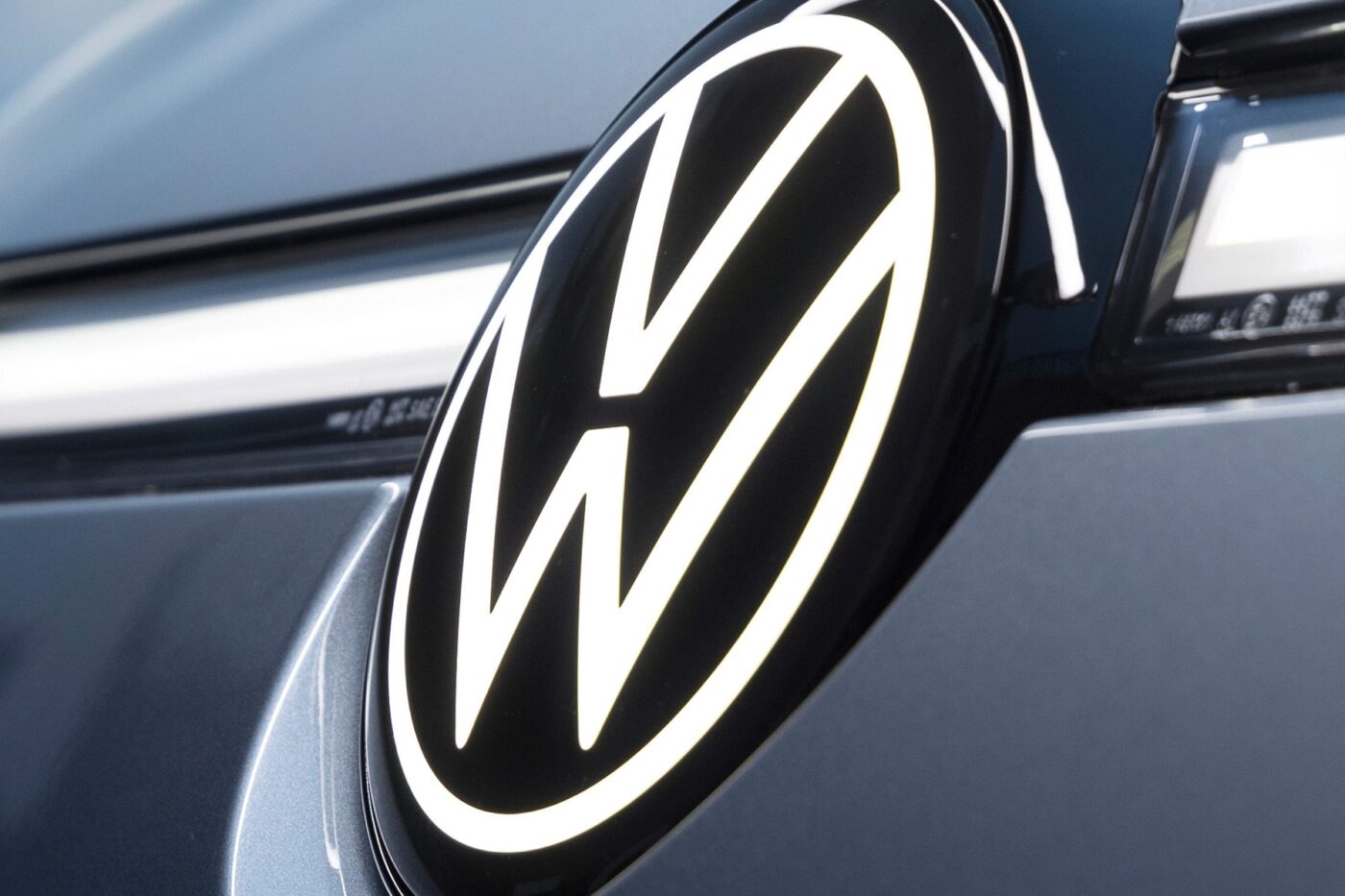Volkswagen’s BEV business in China outweighs European drop in sales
Across all drive systems, the Volkswagen Group sold 2.24 million vehicles between April and June, 3.8 per cent fewer than a year ago. The trend is therefore slightly downwards. Not so with purely electric cars: 180,800 units had an electric drive on board in the second quarter. This is almost exactly the same number as in the same period last year (+0.1%) and results in an electric share of 8.1 per cent. A slight improvement on the 7.7 per cent from the second quarter of 2023 and a clear increase on the 6.5 per cent from the first quarter of 2024, when the Volkswagen Group sold 136,400 electric vehicles. China in particular was responsible for the increase. Electric car sales declined in Europe and the USA.
Before we get into the geographical details, let’s take a look at the first half of the year: from January to June, the Group as a whole delivered 317,200 BEVs and an electric car share of 7.3 per cent. In absolute terms, Volkswagen almost matched the first half of 2023 (321,600 BEVs, -1.4% YoY), which shows that the current weakness in demand in Europe and the USA is almost offset by the growth in China and other markets.
Volkswagen recorded a 45 per cent increase in sales of electric cars in China in the first half of the year, from 62,400 to 90,600 units. In contrast, there were declines in Europe (-15 per cent) and the USA (-15 per cent). However, with 184,100 BEVs sold in the first half of the year, Europe clearly remains the top market in quantitative terms. With 25,200 electric cars sold, the USA continues to lose ground to China. In the “rest of the world”, the Group sold 17,300 BEVs (+40.9%).
In addition to the 317,200 BEV deliveries worldwide between January and June, the Volkswagen Group also recorded sales of 136,000 plug-in hybrids. An increase of 17 per cent compared to the first half of 2023.
In the model ranking of all-electric cars, the Volkswagen ID.4/ID.5 was ahead of the ID.3 and the Audi Q4 e-tron (incl. Sportback) with 86,800 units sold in the first half of the year. You can see the top 7 best-selling BEVs here:
| Models | Q1 units sold | H1 units sold |
|---|---|---|
| Volkswagen ID.4/ID.5 | 34,600 units | 86,800 units |
| Volkswagen ID.3 | 26,100 units | 66.200 units |
| Audi Q4 e-tron (incl. Sportback) | 22,800 units | 52,100 units |
| Skoda Enyaq (incl. Coupé) | 14,000 units | 29,400 units |
| Audi Q8 e-tron (incl. Sportback) | 9,600 units | 17,900 units |
| Volkswagen ID. Buzz | 7,000 units | 14,600 units |
| Cupra Born | 6,900 units | 18,200 units |
Volkswagen has also included an outlook on how sales are likely to develop in its quarterly report. According to the Group, the BEV order backlog in Western Europe is expected to have risen by 124% to around 170,000 vehicles. The figures relate to the growth from the first half of 2023 to the first half of 2024. The model launches announced for the third quarter are likely to have contributed to the increase in orders. As is known, the first examples of the VW ID.7 Tourer, Audi Q6 e-tron and Porsche Macan Electric will be released to customers in the coming months.
The company expects additional momentum for vehicles with plug-in hybrid drives in the second half of the year due to the sales launch of second-generation models with electric ranges of up to 143 kilometres.
Incidentally, the Group press release does not reveal how the individual brands of the Volkswagen Group have performed in terms of e-sales. However, Porsche is the first subsidiary to present its own balance sheet, from which this can be seen. The other subsidiaries are also likely to come out of the woodwork in the coming days. According to the report, Porsche sold 8,838 electric cars in the first half of 2024 out of total global sales of 155,945 vehicles (electric share: 5.7%). Specifically, this refers to the Taycan alone. That is 51 per cent fewer units of the electric Porsche sold than in the same period last year. This slump has probably already had its first consequences: it was announced yesterday that the Zuffenhausen-based company is considering cutting production of its all-electric flagship due to weak demand.





0 Comments